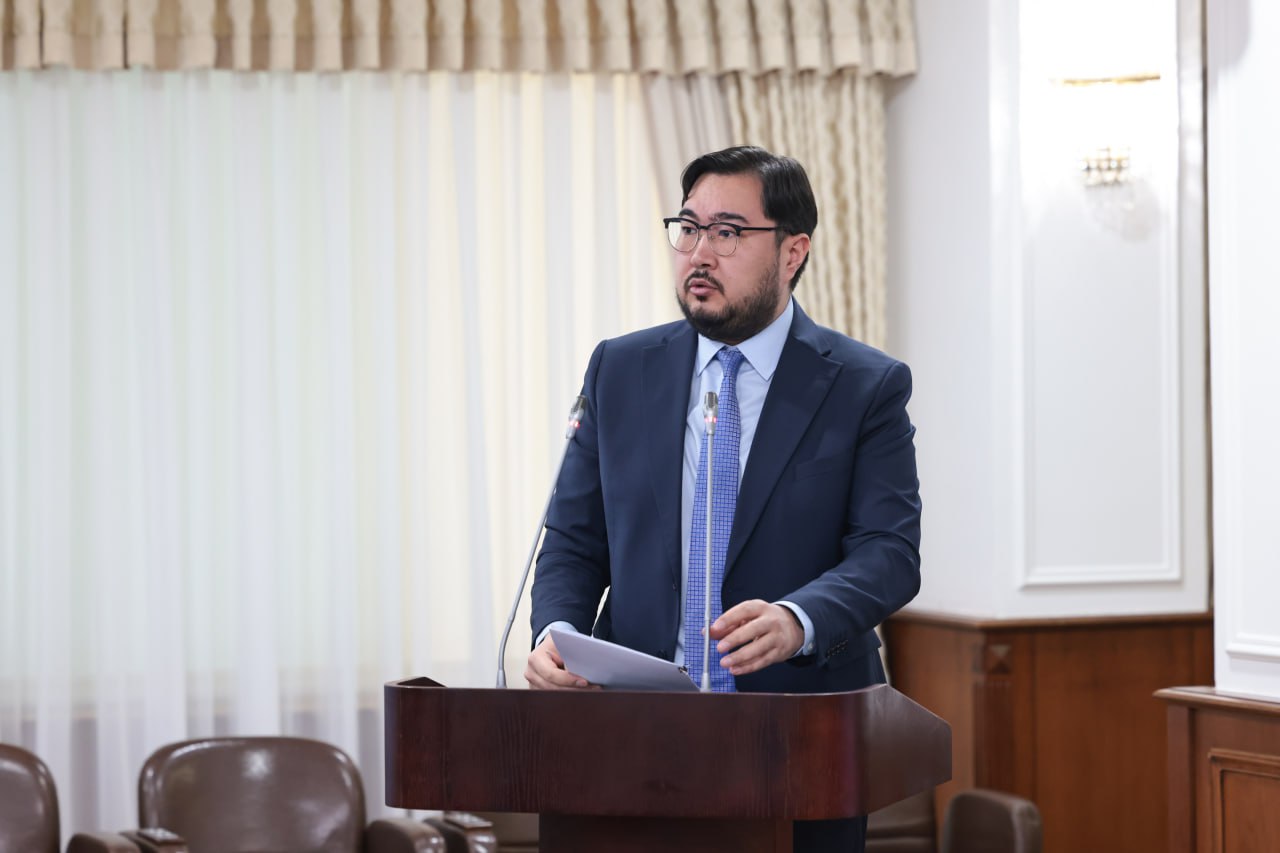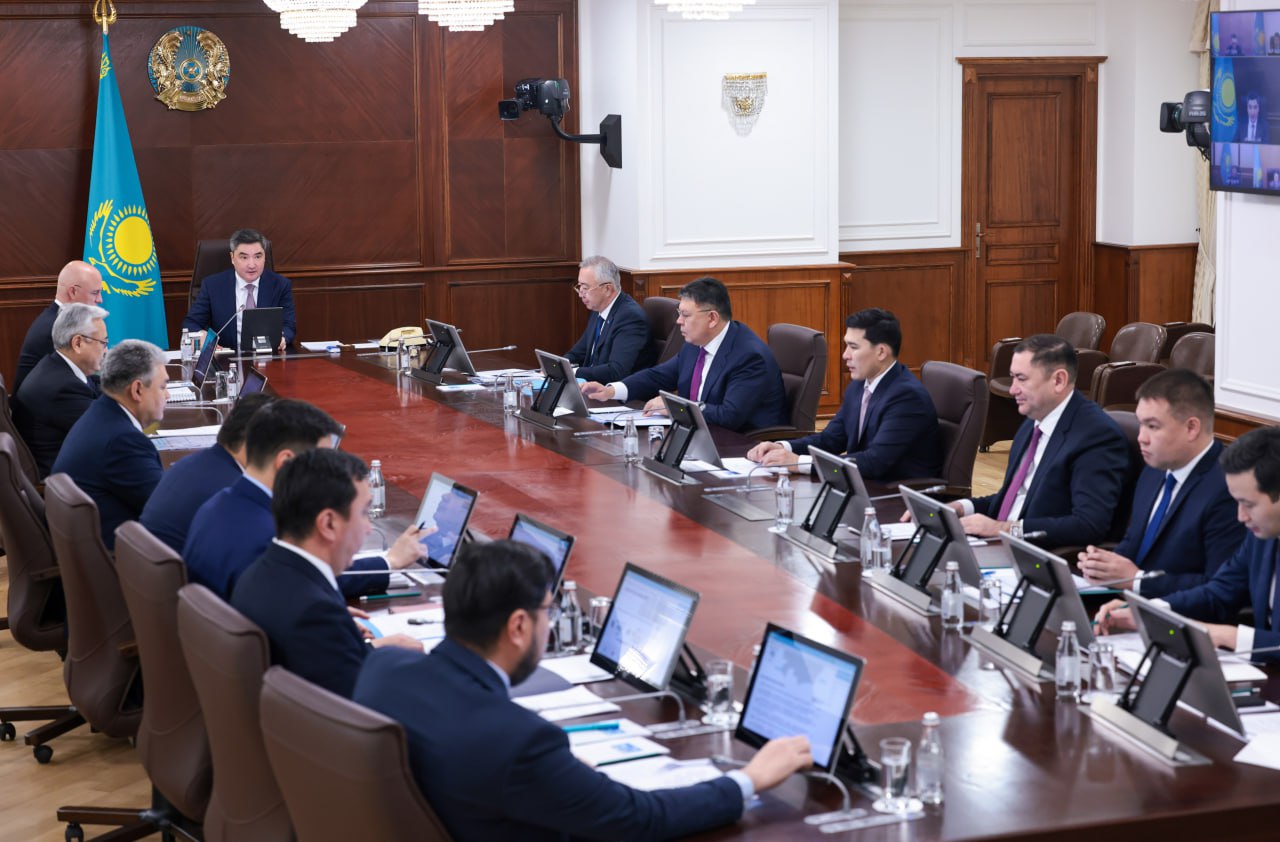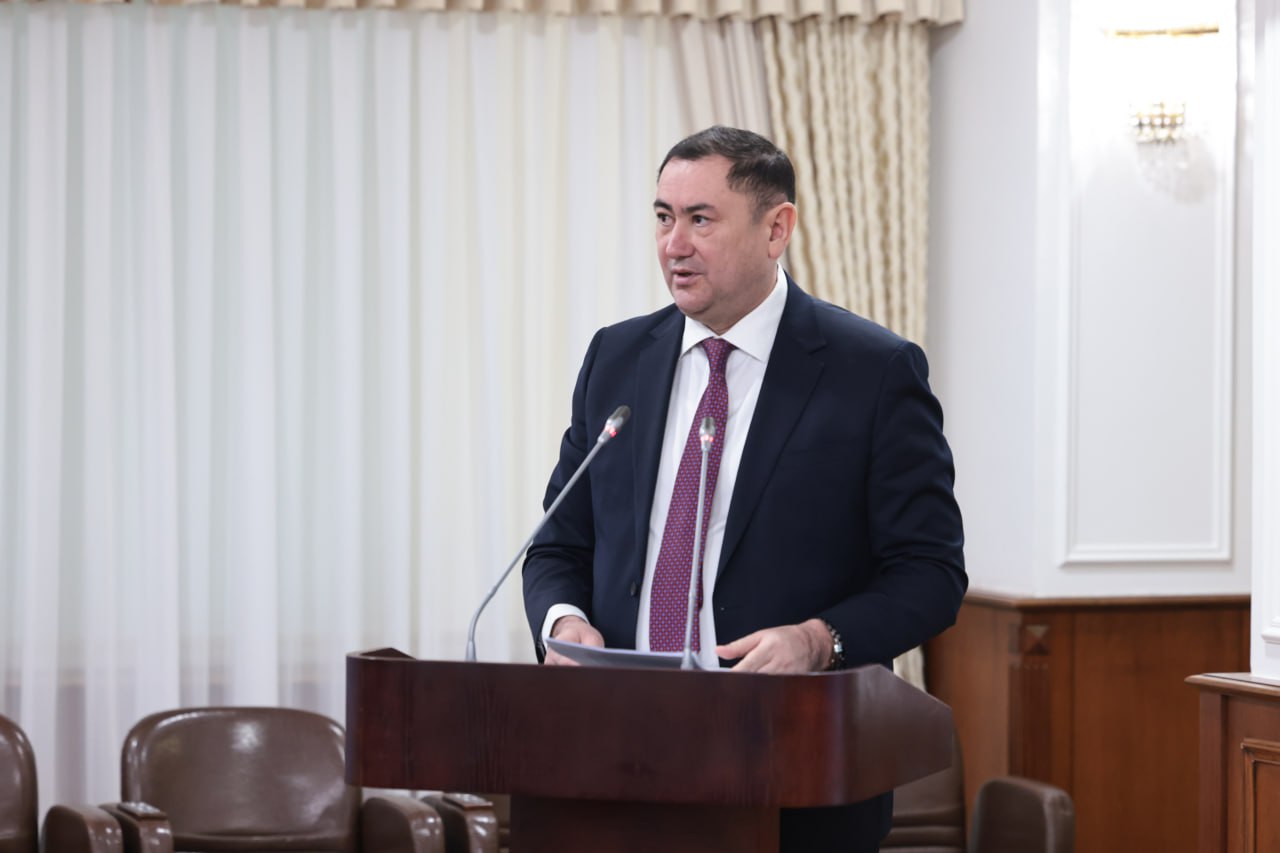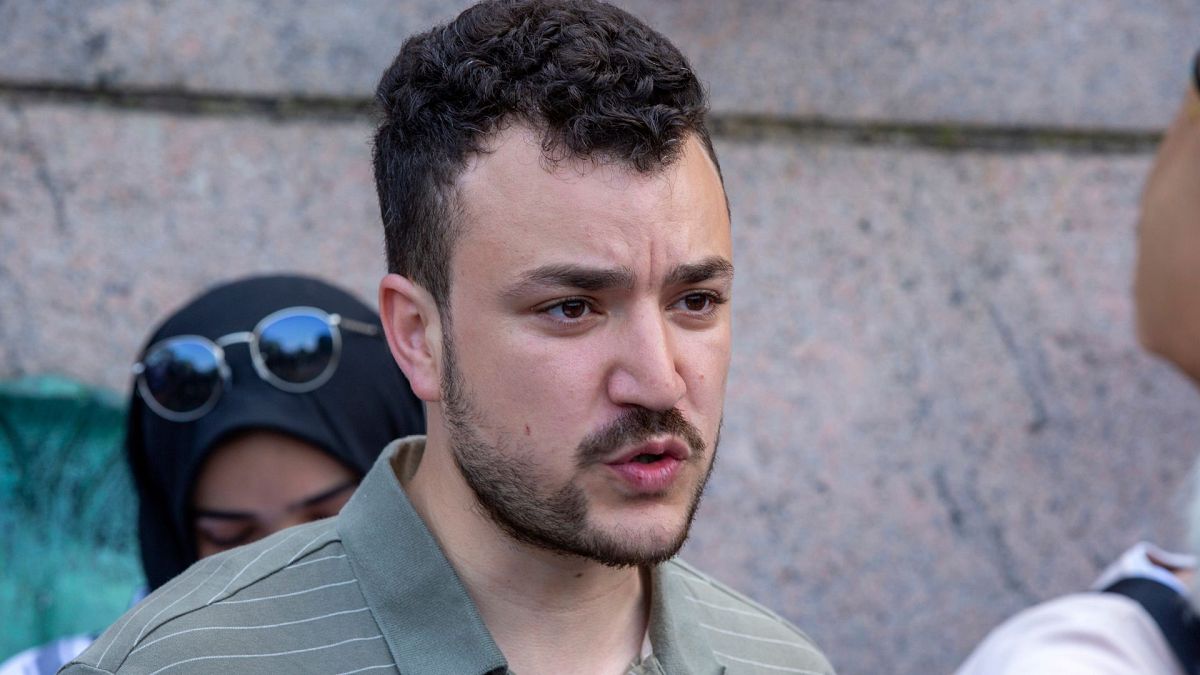The Danish presidency lowers the official status of Catalan to a point of discussion at the next EU ministers’ meeting
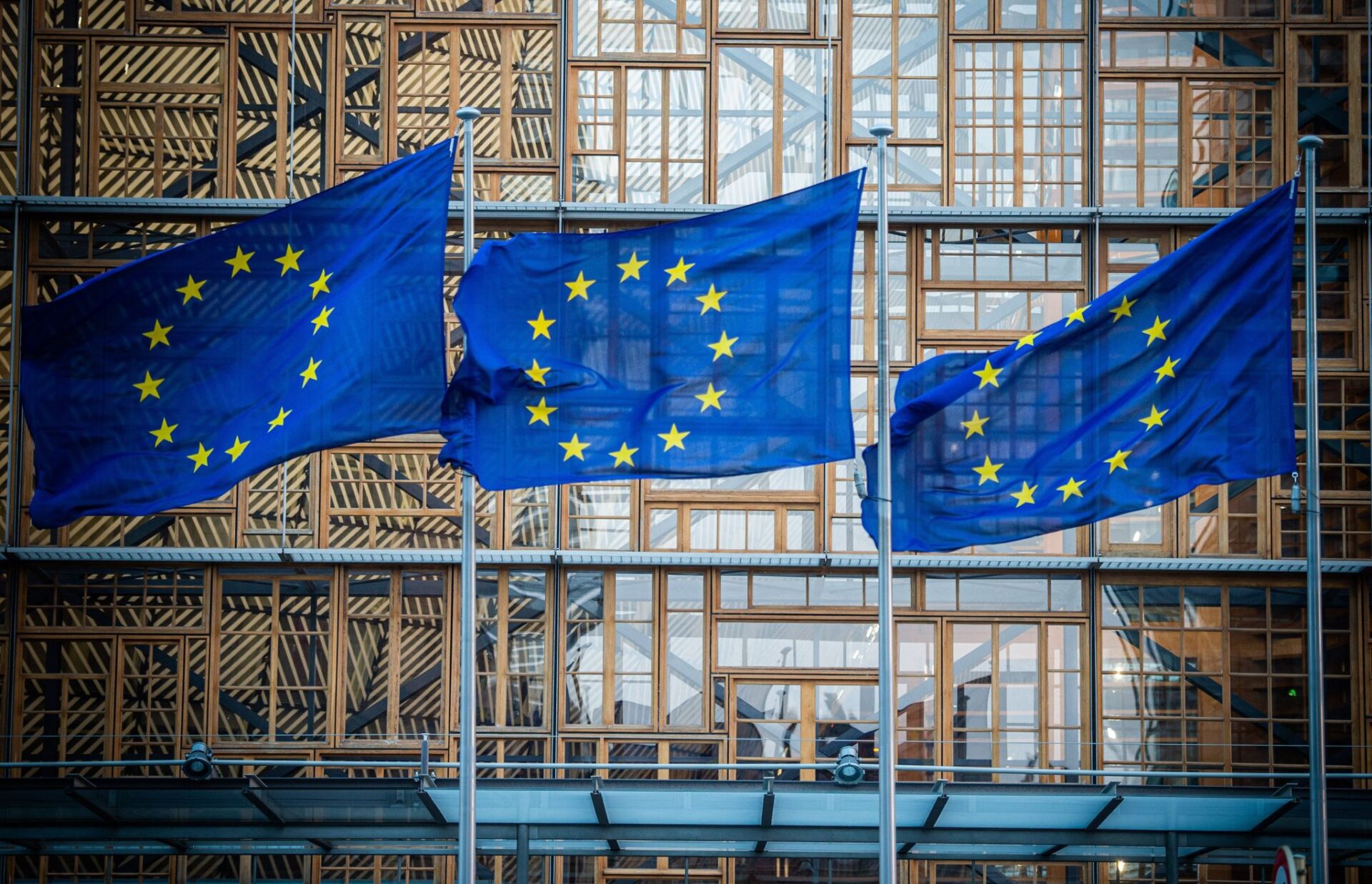
Brussels – The ministers of General Affairs of the European Union will hold a “exchange of views” on July 18 regarding the recognition of Catalan, Galician, and Basque as official languages of the European Union, a matter that Spain raised as a point for adoption but that the rotating presidency — which is currently held by Denmark — prefers to present as a discussion without decision.
In the agenda agreed at the ambassadorial level, the matter is listed as “exchange of views,” unlike what happened last May, when it was listed as a point “for adoption” at Spain’s request, which ultimately withdrew the request due to the lack of support for an official status that requires the unanimity of the 27 to move forward.
According to European sources reported to Europa Press, the decision for the official status to be addressed this time as an information point and not as a point for adoption was made by the presidency, which took into account the doubts expressed last week by several delegations during an ambassadorial meeting to set the agenda for the upcoming General Affairs Council.
In any case, the sources remind that the regulation provides that Spain can request on its own that a vote be held for a decision of the Council. Therefore, an “asterisk” is maintained in the agenda next to the statement of the discussion, which in practice means that it is a point “on which a vote can be requested.”
Second occasion this year that the matter is addressed
The meeting next week will be the second time this year that the recognition of the Spanish co-official languages is discussed at the ministerial level in Brussels, after Spain requested that it be included as a point for adoption in May, but was ultimately forced to withdraw the voting request due to the lack of support on a matter that requires unanimity.
In the preparatory debates at the ambassadorial level and in the subsequent ministerial discussion in May, it became clear that the request is still far from the necessary unanimity to move forward, as several delegations see it as premature to express an opinion on a matter that has barely been discussed among the 27 and because serious doubts persist about its legal fit and economic and practical impact.
On the table of the ministers, Spain presented a proposal that Europa Press had access to, which proposes the official status of Catalan, Basque, and Galician as official languages in the EU from 2027, although with partial implementation, as from that date only the regulations of the Council and the European Parliament would be translated from all EU legislation, which in the last legislature accounted for less than 3% of all legal acts.
Furthermore, to overcome the reservations of countries with doubts about the cost of the reform, the Government adds a statement asserting that it will be Spain that assumes all costs, unlike what happens with the official languages of the EU, although it does not currently provide a figure for what this would entail.
Now, the matter returns to the agenda of what will be the first General Affairs Council (CAG) coordinated by Denmark, which this month takes on the rotating European presidency. “Minister (José Manuel) Albares discussed the official languages with his Danish counterpart and the Secretary of State for the EU, (Fernando Sampedro,) with his counterpart. Spain has the support and collaboration from Denmark and has requested to bring it to the next CAG for a decision,” the Spanish Ministry of Foreign Affairs reported last week.
Doubts from the rotating Danish presidency
Sources consulted by Europa Press indicate that the presidency had “doubts” regarding scheduling a point for adoption again because at least six delegations expressed their reservations when discussing the agenda for next week’s meeting among ambassadors. However, they concede that it is unusual for a rotating presidency not to heed an explicit request from a member state.
When Spain first attempted to gain official status for the languages in the second half of 2023 — as part of the agreements between the PSOE and Junts to guarantee the investiture of Pedro Sánchez as Prime Minister — the vote was also postponed pending further analysis in working groups within the Council, although this task did not materialize and Madrid opted to seek agreements bilaterally directly with the capitals.
Due to the lack of a detailed assessment of its cost — there is a preliminary one from Brussels estimating the measure at 132 million annually, although based solely on the experience of Gaelic — legal services also pose an obstacle because they warned of their doubts regarding whether such a modification of the language regulation could be carried out without a reform of the Treaties. Although the opinion of the Council’s legal team is not binding, several delegations do not look favorably on moving forward without their backing. (July 9)

